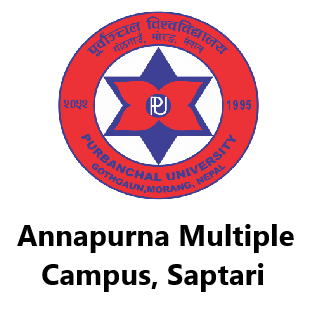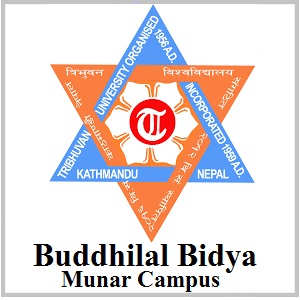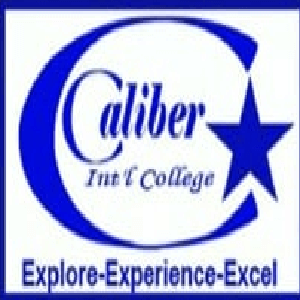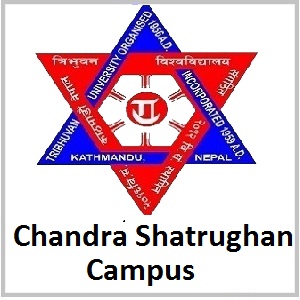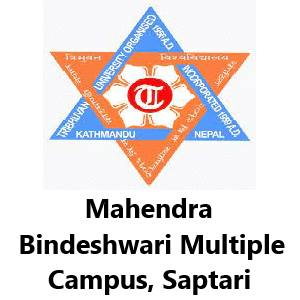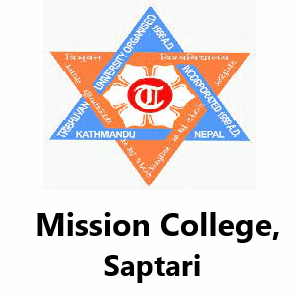Overview
Gobardhan Janata Campus (GJC) is located in Saptakoshi Municipality-2, Phattepur, Saptari, Nepal. It is a Tribhuvan University (TU) affiliated, University Grants Commission (UGC) approved community campus. The campus offers Bachelor of Business Studies (BBS) and Bachelor of Education (B.Ed.) at an affordable fee structure for local and neighboring districts. Primary focus areas include quality learning, inclusive access, student support, and transparent governance led by the community.
Overview
Established in 2007 AD (2064 BS) by stakeholders of Gobardhan Bairagi Secondary School, local social activists, and educators, GJC operates on a non-profit basis. The institution serves Saptari and nearby districts such as Udayapur, Sunsari, Khotang, and Bhojpur. Its academic work centers on two TU programs—B.Ed. and BBS—supported by community engagement and UGC recognition.
The campus maintains a student profile that reflects local realities. Of the 281 students currently enrolled, 74% are female, and about 58% come from disadvantaged families. Thirteen teaching staff members handle classroom instruction, academic guidance, and field-based activities. With UGC and community support, the campus has developed its own building and continues to improve basic learning spaces.
Quick Highlights
-
Location: Saptakoshi Municipality-2, Phattepur, Saptari, Madhesh Province, Nepal
-
Affiliation and Approval: Tribhuvan University (TU); UGC-approved
-
Programs: B.Ed. (launched 2064 BS), BBS (launched 2067 BS)
-
Governance: Community-based, non-profit
-
Current Enrollment: 281 students; 74% female; ~58% from disadvantaged families
-
Faculty: 13 teaching staff
-
Learning Approach: Lecture, demonstration, participation, discussion, and field trips
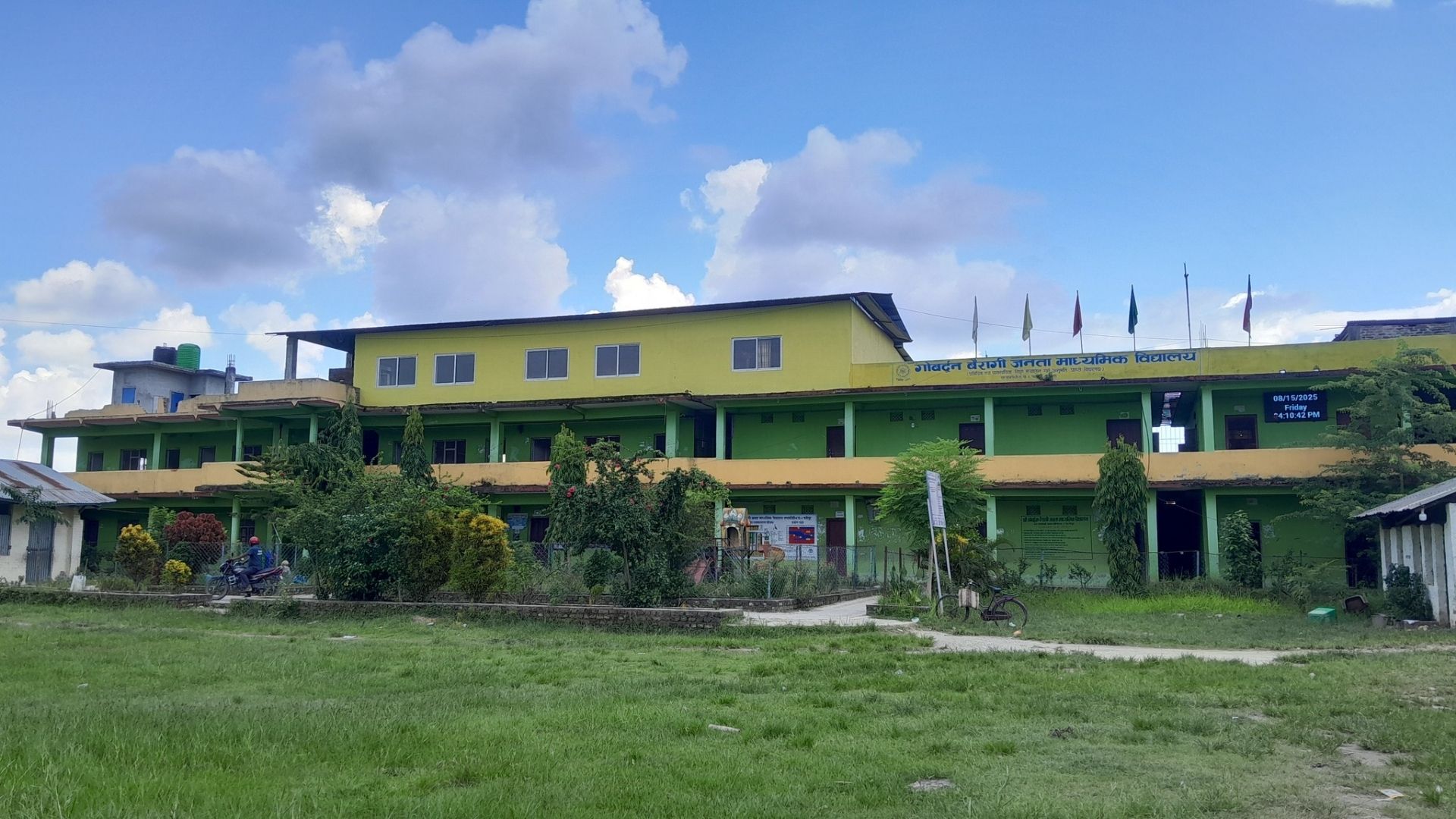
Academic Programs Offered
B.Ed. (Bachelor of Education) – TU
The four-year B.Ed. program prepares secondary-level teachers with one major and one minor subject. Students select combinations from areas such as Nepali Education, English Education, Mathematics Education, Science Education, Health and Physical Education, Population Education, Geography, Economics, Political Science, and History.
Key features
-
Annual examination system under TU regulations
-
Subject specialization with a second teaching area for classroom practice
-
Field activities and participation-based sessions aligned with local school needs
Eligibility
-
10+2/Grade 12 or equivalent with a minimum “D+” in all subjects
-
Subject-specific prerequisites apply (e.g., required marks in Nepali, English, Mathematics, or Science for respective majors; a physical fitness test for Health & Physical Education where applicable)
BBS (Bachelor of Business Studies) – TU
The four-year BBS program under TU’s Faculty of Management focuses on foundational management knowledge and applied skills for organizational roles in business, government, and social enterprises.
Key features
-
Annual examination system under TU regulations
-
Study areas include general management, marketing management, finance/accounting, and management science
-
Emphasis on managerial decision-making, practical coursework, and local case exposure
Eligibility
-
10+2/Grade 12 or equivalent from a recognized board
-
Students from Science or Humanities backgrounds must meet TU subject requirements (e.g., Mathematics or Economics and full-paper English at 10+2)
Admission Process
-
Application: Submit the campus application form within the admission window announced by GJC.
-
Eligibility Check: Screening based on TU criteria for B.Ed. and BBS, including subject prerequisites.
-
Merit Consideration: Selection by academic merit and campus norms.
-
Documents: Mark sheets/transcripts, character certificate, migration certificate (where relevant), copy of citizenship or equivalent ID, recent photos.
-
Calendar: The campus publishes admission notices and dates as per TU’s academic cycle.
Teaching Faculty and Learning Methodology
GJC has 13 teaching staff across Education and Management. Faculty members run structured classes with a practical orientation suited to Saptari’s local context and the needs of surrounding communities.
Methods used at GJC
-
Lecture and demonstration for core content and model activities
-
Participation and discussion to build subject understanding and peer learning
-
Field trips and exposure visits to connect theory with real settings
-
Assessment through class tests, assignments, and TU examinations
Infrastructure and Learning Facilities
With UGC and community support, the campus has constructed its own building. Current facilities support classroom teaching, faculty mentoring, and administrative services. The campus continues to upgrade basic teaching resources to meet TU program requirements and improve the learning environment.
Student Life and Campus Experience
Student life at GJC is grounded in community values and accessible education. Many learners come from rural and semi-urban households, and the campus environment reflects a supportive culture with high female participation and diverse backgrounds.
-
Small-campus setting with approachable faculty
-
Opportunities for peer study groups and collaborative coursework
-
Field-based tasks that connect academic content with local schools and enterprises
Extracurricular Activities (ECA)
ECA aligns with learning goals and community needs. Students engage in:
-
Course-linked field visits and local surveys
-
Participation forums and academic discussions
-
Community-oriented outreach linked to teaching practice or management assignments
Scholarships and Financial Support
The campus extends support to economically and socially disadvantaged students through community funds and need-based consideration. When available, UGC and government schemes are communicated via campus notices.
How support typically works
-
Need assessment during admission or enrollment
-
Partial fee waivers or assistance based on campus criteria
-
Transparent publication of scholarship information on notice boards and official channels
Achievements and Institutional Milestones
-
Community founding (2064 BS) with a clear non-profit model
-
Program expansion: B.Ed. (2064 BS) and BBS (2067 BS)
-
UGC-approved status and gradual infrastructure growth with UGC and local contributions
-
Inclusive enrollment: 74% female participation; ~58% students from disadvantaged families
-
Sustained academic delivery via annual systems under TU regulations
Why Choose This Institution?
-
TU affiliation and UGC approval provide recognized degrees for employment or further study.
-
Community governance keeps the campus student-focused and accountable.
-
Inclusive access with significant representation of female students and learners from disadvantaged groups.
-
Local relevance through field trips, participation, and discussion-based learning suited to regional schools and enterprises.
-
Non-profit model that prioritizes affordability and transparent processes.
Conclusion
Gobardhan Janata Campus serves Saptari and nearby districts with TU-affiliated undergraduate programs in Education and Management. The campus operates under a community model, is UGC-approved, and maintains a learning environment where students from varied backgrounds can progress in teaching or business studies. With structured coursework, subject specialization, and field-linked activities, GJC offers a practical pathway to recognized qualifications within Nepal’s higher education system.
Contact and detailed notices: Campus notice board and official campus communications (admission dates, scholarships, exam updates)


